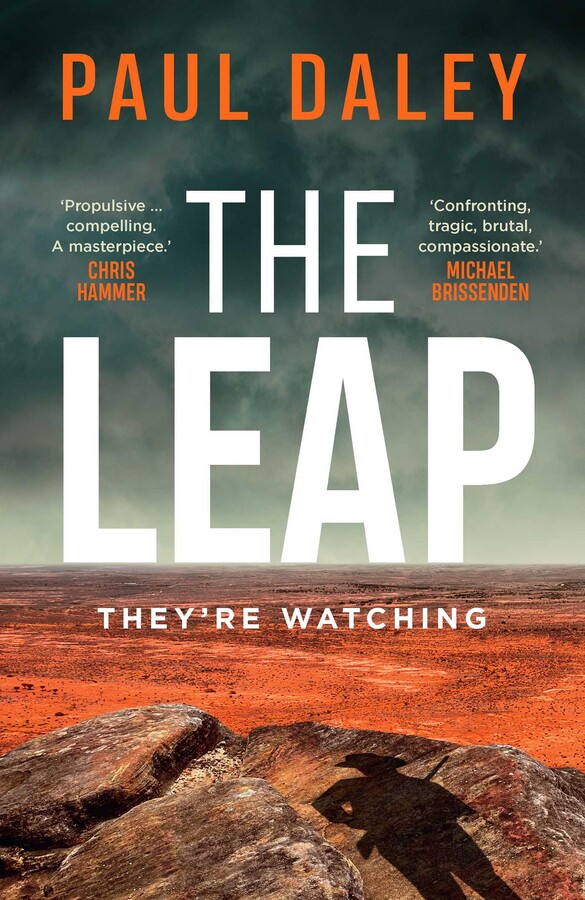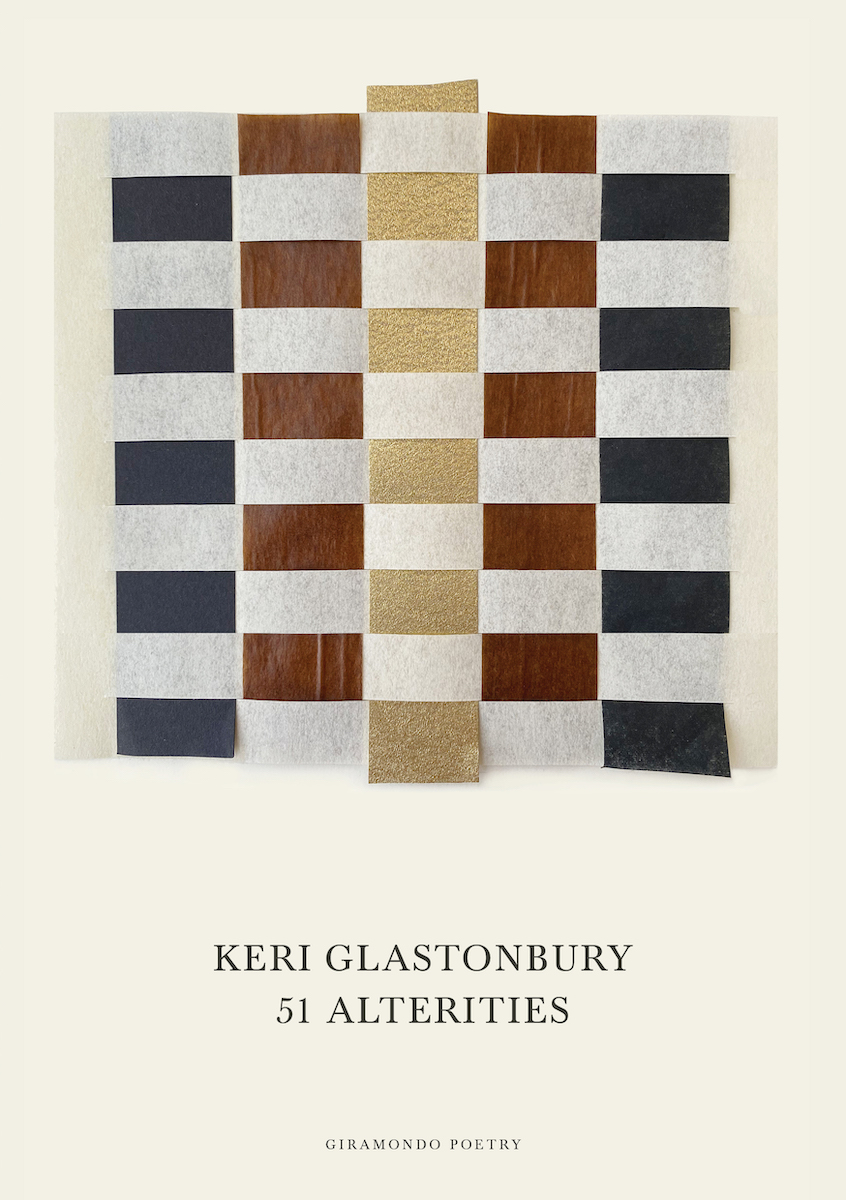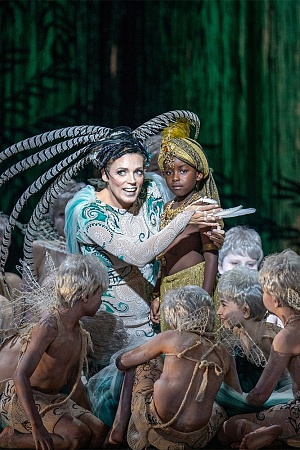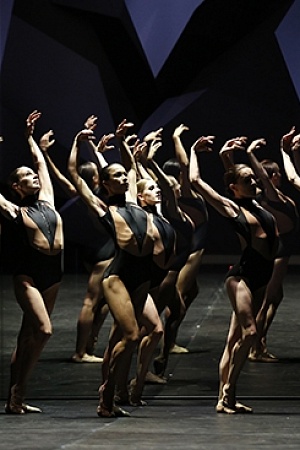Nelken (Carnations): Tanztheater Wuppertal Pina Bausch (Adelaide Festival of Arts 2016) ★★★★★
Over decades of productions in the Festival Theatre, I can recall a handful of experiences that resulted in immediate, unprompted, and collective standing ovations, beginning with the unforgettable journey that was Richard Wherrett's epic staging of Nicholas Nickleby (1983). Pina Bausch's dance-theatre piece Nelken (Carnations) joined this list during the Adelaide Festival's final week – along with an earlier, prompted moment of complete audience participation.
Continue reading for only $10 per month. Subscribe and gain full access to Australian Book Review. Already a subscriber? Sign in. If you need assistance, feel free to contact us.











Leave a comment
If you are an ABR subscriber, you will need to sign in to post a comment.
If you have forgotten your sign in details, or if you receive an error message when trying to submit your comment, please email your comment (and the name of the article to which it relates) to ABR Comments. We will review your comment and, subject to approval, we will post it under your name.
Please note that all comments must be approved by ABR and comply with our Terms & Conditions.